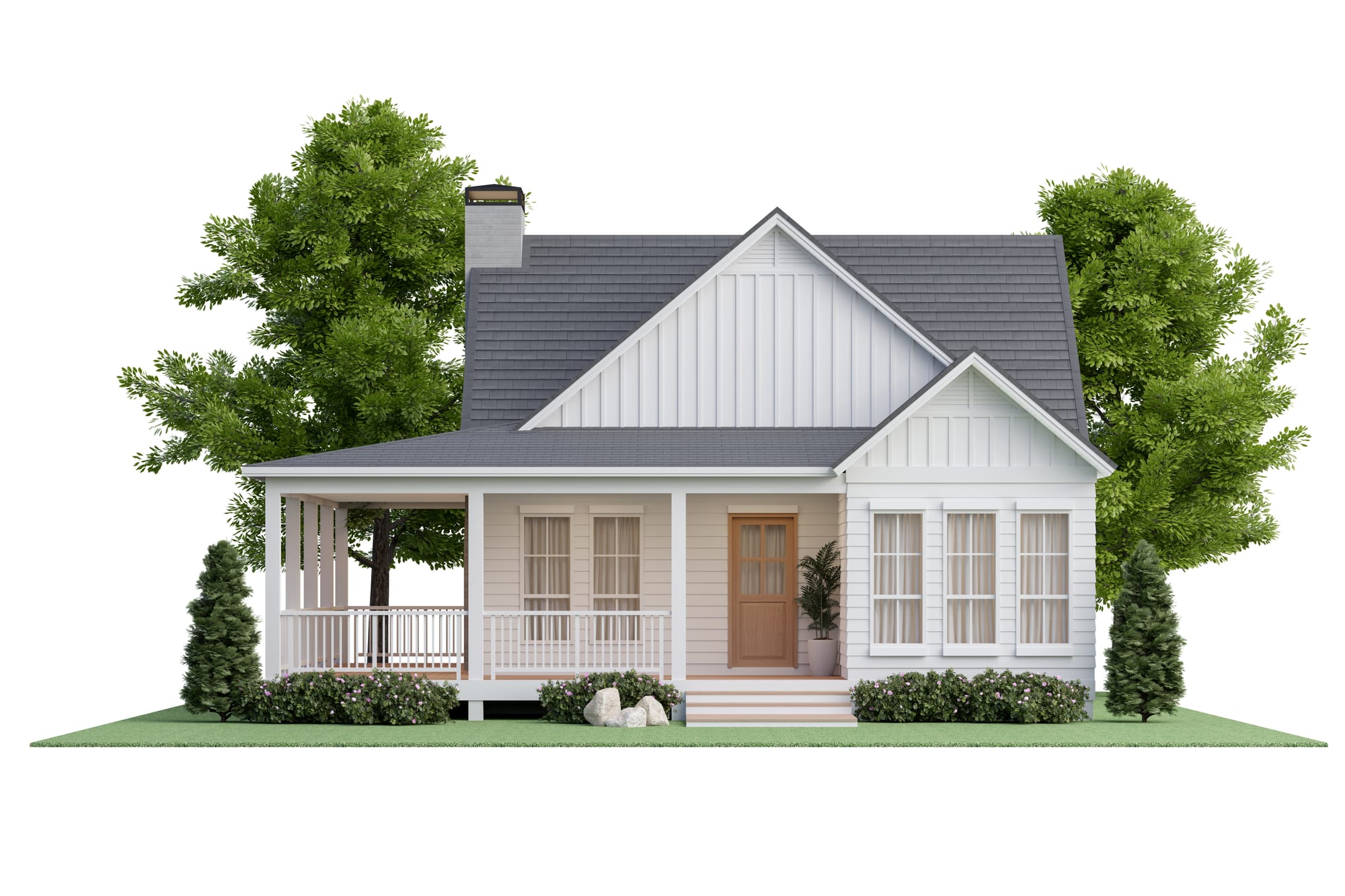What Is an Oxford House and How to Join

TL;DR:
An Oxford House is a peer-run, sober living environment, the first home founded in 1975, where residents support each other’s recovery without clinical staff or outside control. Governed democratically and self-funded, Oxford Houses require total abstinence, shared responsibilities, and participation in recovery-oriented activities. To join, individuals typically apply directly to a local Oxford House, attend an interview with current residents, and, if accepted, begin contributing rent and engaging in house rules. While Oxford Houses were the foundation of sober living in the U.S., programs like this recovery house in South Jersey now offer an evolved version, pairing the Oxford model’s peer accountability with modern comforts, professional structure, and links to IOP care.
A New Guard
The modern sober living home, structured, community-driven, and often tied into outpatient treatment, has roots that stretch back to a modest experiment in self-governed recovery housing on the East Coast. In 1975, a group of recovering alcoholics in Silver Spring, Maryland, faced eviction from a halfway house when funding dried up. Rather than scatter and return to unstable environments, they did something unheard of at the time: they pooled resources, rented the home themselves, and set house rules around sobriety and accountability. Thus, the first Oxford House in Maryland was born, not just a living space, but a social experiment in communal recovery free of clinical interference.
Oxford Houses were radical for their time. No staff, no external management, no treatment services on site, just a shared commitment to staying sober, paying rent, and holding each other accountable. This model worked. It spread rapidly. By the 1980s, Oxford Houses had formalized into a nonprofit network and had spread across several states. As of today, there are over 3,000 Oxford Houses operating in the U.S. The key to their longevity has always been their simplicity: democratic governance, zero tolerance for substance use, and a firm belief that peer support is powerful medicine.
But for all their strengths, Oxford Houses were never designed to meet every need. They were, and still are, minimalist environments, free from clinical care and often limited in flexibility or amenities. In recent years, a new category of sober living has emerged: structured, professionally managed homes that incorporate the ethos of Oxford Houses while building in more support, privacy, and access to resources. And in this evolution, New Jersey has found itself at the frontier of the movement.
At New Jersey Sober Living, we believe that the original spirit of Oxford House, community-driven recovery, peer accountability, and shared values, remains essential. But we also believe in growth. Recovery today looks different than it did in the 1970s. Clients are managing careers, co-parenting, pursuing degrees, and attending outpatient therapy while staying clean. What they need is a recovery home that matches that complexity—structured yet flexible, humble yet dignified.
Our luxury sober living homes in Central and South New Jersey are designed with this new generation of recovery in mind. Residents benefit from thoughtfully furnished, comfortable spaces; daily structure rooted in 12-step principles.
Where Oxford Houses ask residents to manage everything internally, we provide experienced house managers, support staff, and strategies to help the addict and/or alcoholic adapt to a sober lifestyle. Still, we hold to the non-negotiables. Sobriety is a requirement. Residents are held accountable through curfews, meeting attendance, chore schedules, and frequent drug screening. But rather than rely solely on peer enforcement, we bring in trained recovery professionals to facilitate structure and stability—ensuring residents are not just surviving, but thriving during this critical phase between treatment and independence.
This shift toward upscale sober living isn’t about glamorizing recovery. It’s about recognizing the diversity of people in recovery today. Some are emerging from luxury detox centers, others from state-funded IOPs. Some are professionals seeking discretion, others are young adults needing structure and redirection. By investing in quality environments, we create spaces that reflect the seriousness and dignity of long-term recovery.
Where We're Headed
As opioid overdose rates continue to spike in New Jersey and beyond, there is increasing urgency to provide transitional housing options that are both clinically informed and humanely designed. Sober living isn't just about not using, it's about learning how to live again, how to show up in the world without crumbling. The homes we’ve created in New Jersey don’t replace therapy or 12-step work, they support and reinforce it. NewJerseySober.living isn’t just continuing the legacy of Oxford House, we’re ushering in a new guard: one that holds tightly to the principles of peer recovery while expanding the vision of what a sober life can look like. Comfortable. Structured. Connected. And deeply committed to the work.